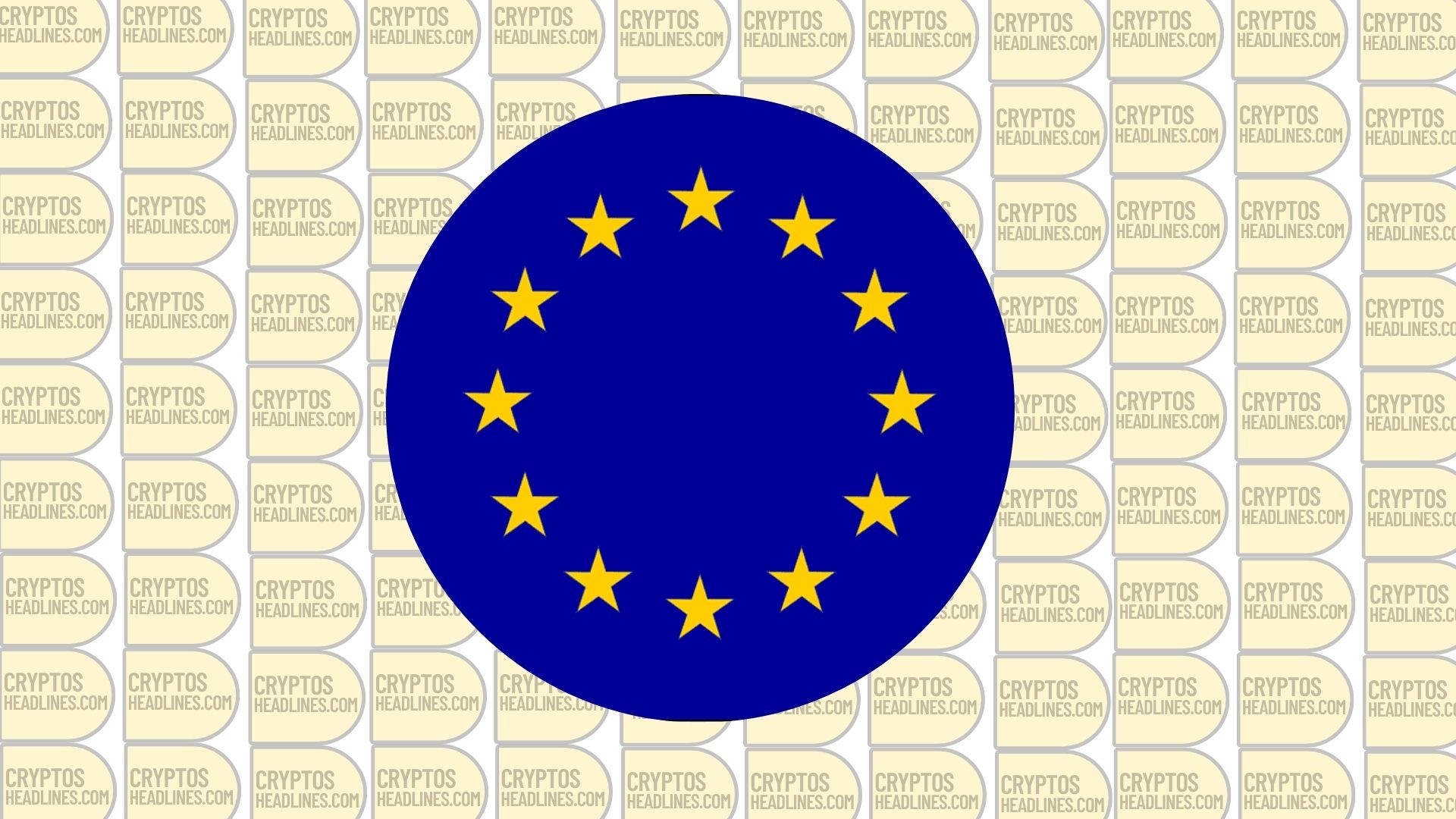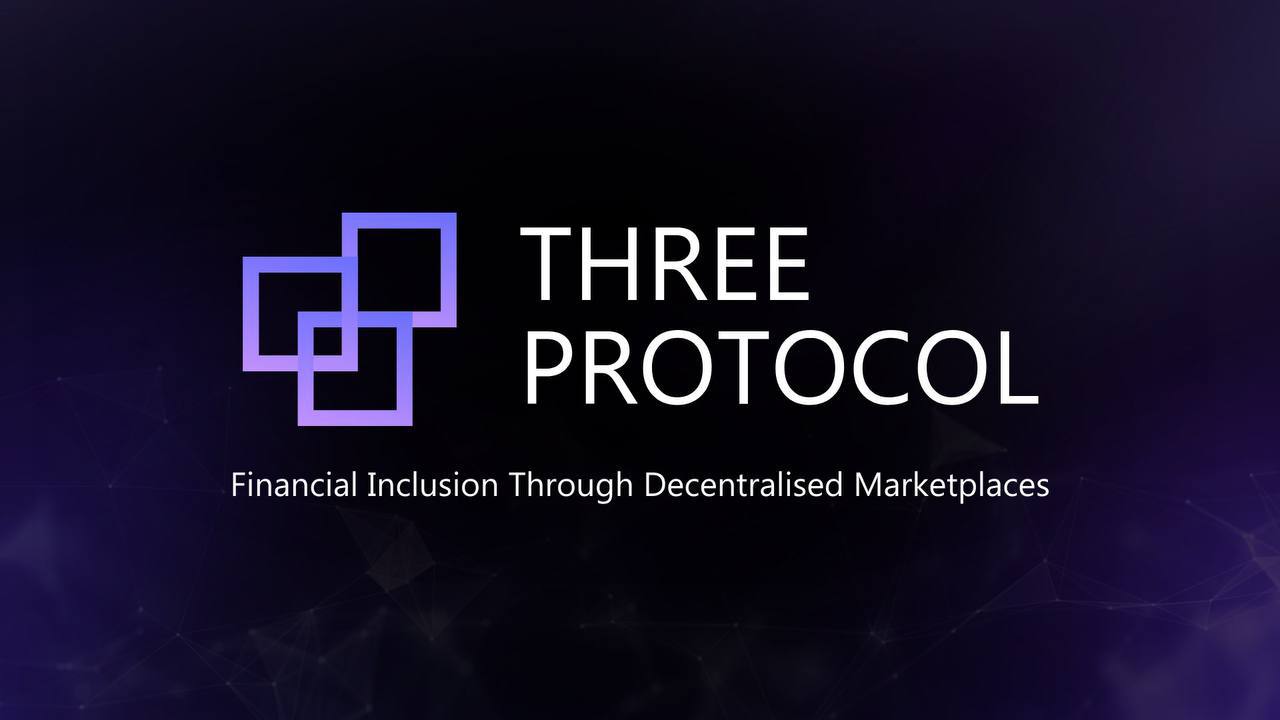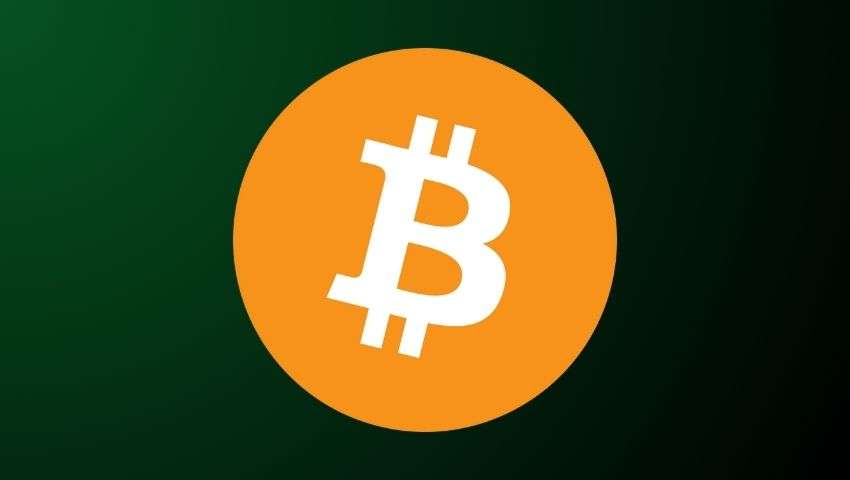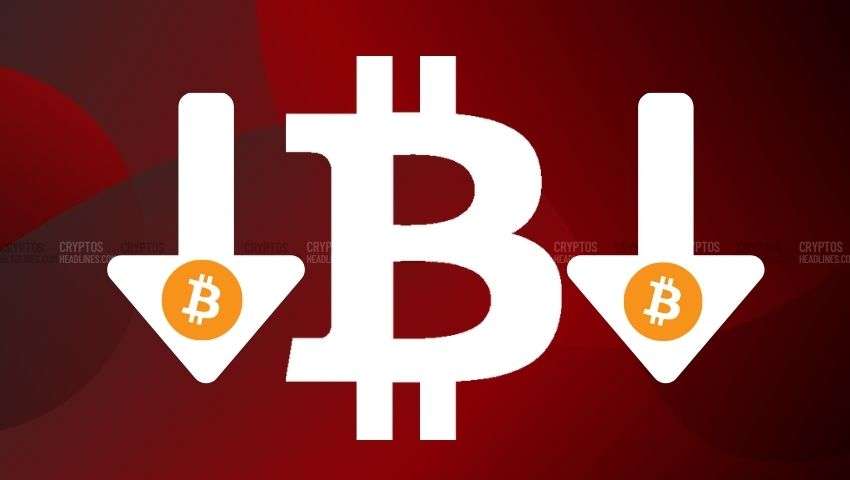The Data Act, which was initially suggested in early 2022, was approved by the European Parliament on March 14.
EU lawmakers have reached an agreement to proceed with the European Data Act, despite objections from the crypto community.
Thierry Breton, the EU’s Commissioner for Internal Markets, confirmed the deal in a tweet, describing it as a significant step in reshaping the digital landscape.
Another deal! 👍👍
⁰Tonight’s agreement on the #DataAct is a milestone in reshaping the digital space.Thanks to the swift work of the EP @delcastillop & the 🇸🇪 Council Presidency, we are on the way of a thriving 🇪🇺 data economy that is innovative & open — on our conditions. pic.twitter.com/vTWUU8xTx9
— Thierry Breton (@ThierryBreton) June 27, 2023
The Data Act was approved by the European Parliament on March 14, but discussions among EU lawmakers regarding the final version of the bill have been ongoing. The act aims to promote the fair use of industrial data and eliminate obstacles to the equitable sharing of data generated by various data-centered services, including the Internet of Things.
The European Parliament argued that the Data Act would promote the utilization of data resources to train algorithms, which could potentially reduce service costs. However, the act faced significant criticism from the crypto community due to its proposals regarding smart contracts and the lack of clarity surrounding them.
The act includes provisions that introduce new requirements for smart contracts, including the ability to safely terminate them using kill switches. It establishes regulations for smart contracts used by parties involved in sharing data, ensuring “safe termination and interruption.” The act also includes safeguards to protect trade secrets and prevent unauthorized data transfers.
According to many crypto supporters, the new EU legislation could require smart contract developers to include features that allow for the termination or interruption of transactions. This could limit innovation and create challenges for smart contracts in the crypto industry to meet the regulatory requirements.
Martin Hiesboeck, head of research at Uphold, previously mentioned that smart contracts are getting closer to being regulated across the European Union as part of a larger plan for data markets.
Important: Please note that this article is only meant to provide information and should not be taken as legal, tax, investment, financial, or any other type of advice.
Follow Cryptos Headlines on Google News
Join Cryptos Headlines Community









